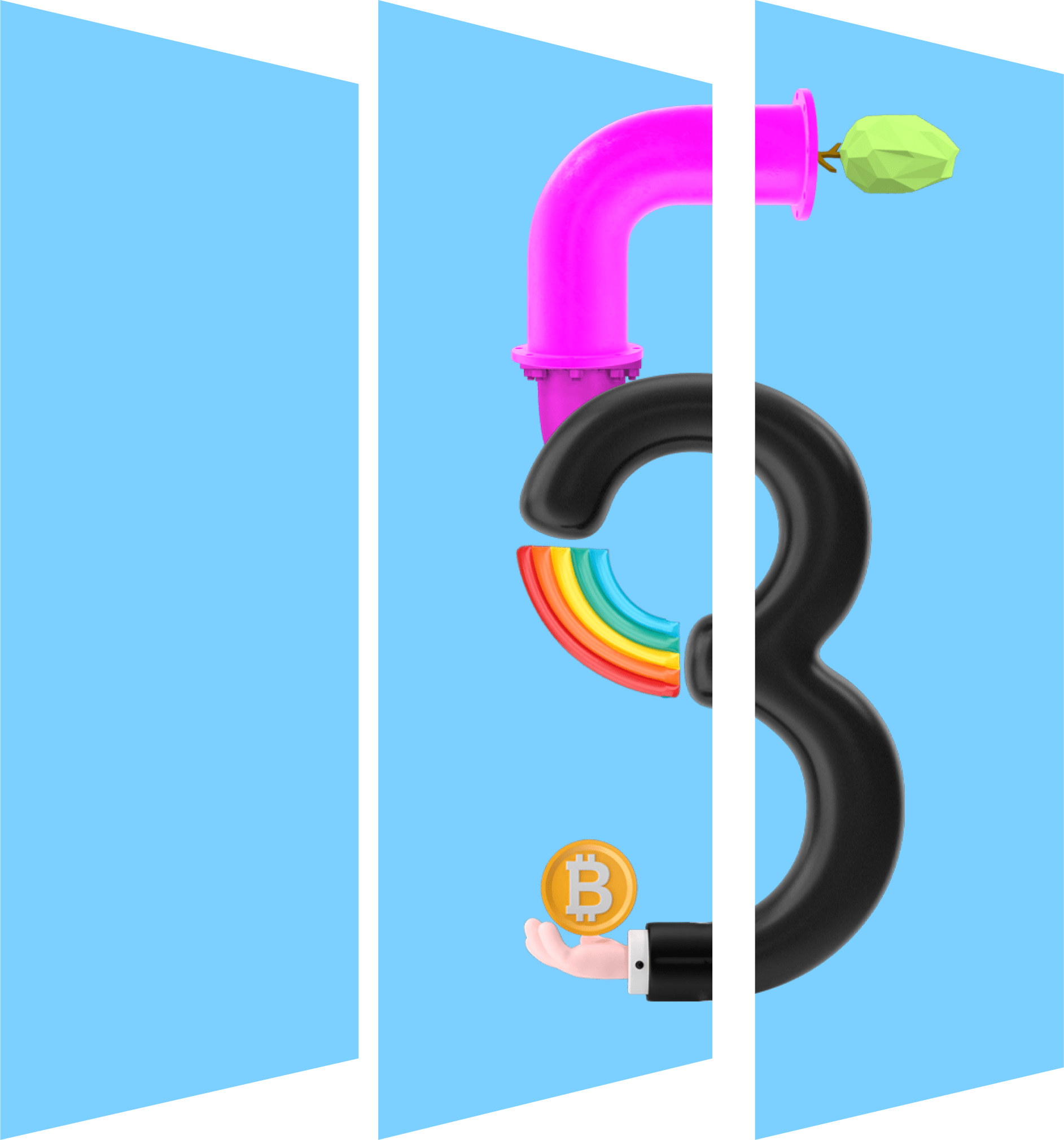
Are NFTs legally classified as property?
Select jurisdiction
India
When buying an NFT, you are not buying property in the traditional sense. An NFT is a digital asset that represents ownership of a unique digital item. While the NFT itself may have value, it inherently does not give you ownership of the underlying physical item or the intellectual property rights to the digital content it represents, unless specified.
Instead, the NFT acts as proof of ownership and a means of facilitating the transfer of the digital item from one owner to another on a blockchain. In this way, buying an NFT is more similar to purchasing a collectible card or a rare stamp, rather than buying property per se.
Denmark
There is no specific law governing NFTs in Denmark and therefore there is no exact definition of an
NFT in Danish law sources, but NFTs will and can be subject to ordinary Danish laws. NFTs may be
subject to intellectual property protections in Denmark, including copyright, design patents, and
trademark rights. As such, NFT purchasers in Denmark should pay attention to what IP rights come
along with the purchase of the NFT. It is wise to read the Terms & Conditions (T&C) of the NFT
collection in question before purchasing an NFT, to make sure that the buyer understands what he
or she, is purchasing.
France
You buy and own the certificate/token, and the URL link to the underlying asset, save specific and precise assignment/ownership deeds, fairly rare. The right to Property is qualified in France as the right to fully enjoy and dispose freely of the subject of the ownership [article 544 do the Civil Code].
NFTs refer to many and varied situations so no single answer is appropriate and an ad hoc
consideration to be made
Brazil
That depends on the contract being linked to the NFT, since the buyer may have
ownership of a good or only its possession.
According to the article 1.128 of the Brazilian Civil Code (Law n. 10.406/2002),
property is the right to use, enjoy, dispose and claim something. That means the owner has
the right to use the good for the purpose for which it is intended, enjoy its effects and its rents,
give it a destination that fits the owner’s interests (sale, rent, etc.) and the right to recover the
good from whoever unjustly possesses or detains it. Possession, however, as defined by article
1.196 of the same Code, is defined by the exercise, in any extension, of any of the powers
inherent to the property. If the NFT’s contract limits the above-mentioned property rights, you
might have only the possession.
Sweden
This depends. If the seller is considered a “trader”, certain consumer protection rights, for example, the “right
of revocation” could be applicable. However, there are certain exceptions to the “right of revocation”, for example, if the product or service is considered a volatile asset and hence may fluctuate in price during the revocation period. Considering that NFTs are in general, considered volatile assets, it is likely that exemptions from the right of revocation could be/are applicable.
United States
NFTs are a type of property and therefore when you buy an NFT you do buy property. However,
in terms of exactly what type of property right you are obtaining, that depends on the details of
the particular NFT, terms of use / contracts from the platform/seller, and the specific smart
contract that underlies that NFT. For example, NFTs that are sold as collectibles like NBA Top
Shot moments do not any sort of exclusive copyright rights in the highlight videos. Similar
videos exist on ESPN or YouTube. And the purchaser does not have right to make derivative
works or develop further based on the highlight video. All they get, is ownership and (usually)
the right to display the digital work. (Sometimes NFTs are sold in a bundle with the underlying
digital work and other times they are not.) In other situations, like when an NFT has a more
utility oriented purpose, like scientific research or commercialization (i.e., the so-called De-Sci
space), it will be common to convey exclusive IP rights, like to a certain bundle of patents.
Nigeria
Although there is currently no specific law in Nigeria that touches on NFT and
Blockchain, the residue of available laws from which a court may interpret the
nature of property inherent in NFT, is contract law, copyright law, sale of goods
law and property law.
From the sale of goods law, it is safe to conclude that where a purchaser buys a
good online, what is bought is the property in the goods subject to the contract
i.e. terms and conditions of sale as enshrined on the platform or as provided by
the seller. Without any overriding terms in the contract, what is purchased is
outright ownership.
From a property law perspective, much depends on whether the property is
chattel or land. Where it is a chattel, the position above will generally apply.
Where the property is Land, then what transpired, is at best a ‘contract to sale’
which is dependent on a final execution of a deed of assignment. It is important
to note that where the land is state land, any purported sale is inchoate without
the approval of the Governor of the State, and what is best transferred in the
deed of assignment is a lease rather than an outright sale. Where the land, is
Federal land, or with mineral resources, any purported sale is invalid.
From a copyright perspective, a work embedded in an NFT is a property
recognised in law that can be assigned or licensed. What is bought (subject to the
contract terms) is the economic rights in the work, the moral rights of the original
holder are inalienable.
Japan
Currently, there is no specific law in Japan that directly regulates NFT and its derivatives. In the case of money or other assets that are meant to be a “distribution of profits” received by a holder of an NFT, it is highly likely that the NFT is considered as “securities” under article 2.1 of the Financial Instruments and Exchange Act. As long as it has an economic function, such as being a means of payment, there is a high possibility that it would be defined as a “crypto asset” or a “prepaid
payment instrument” under article 2.5 or article 3.1 of the Payment Services Act.
Poland
According to Polish law, the legal status of NFTs and the rights associated with them are
currently unclear. However, it is generally understood that NFTs do not qualify as traditional
forms of property, such as real estate or physical assets, but instead, represent a form of
digital ownership. As a result, the legal protections and rights associated with NFTs may be
limited.
The Polish Civil Code defines property as the right to use, dispose of, and derive income from
a given object. NFTs, as digital assets, do not fit this traditional definition of property as they
are not physical objects that can be used or disposed of in the traditional sense. Additionally,
the Polish Civil Code defines certain types of property, such as real estate or movable
property, which NFTs would not fall under.
However, it is possible that NFTs could be classified as a type of digital property in the
future, and certain rights associated with the property, such as the right to transfer ownership or
the right to prevent unauthorized use could be extended to NFTs.










